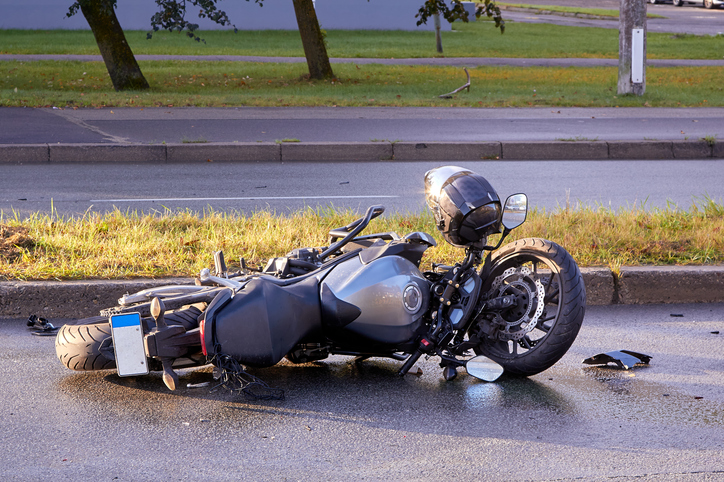Motorcycle accidents can be life-altering events, leaving riders to face serious injuries, medical bills, and long recoveries. For those involved in a crash, one of the most important questions that follows is: Who is at fault? The answer determines not only who pays for damages but also how much compensation a motorcyclist may receive.
Understanding fault in Georgia motorcycle accidents requires a look at state law, insurance practices, and the evidence that courts and insurers rely on to assign responsibility.
Georgia’s Comparative Negligence Rule
Georgia follows a modified comparative negligence system under O.C.G.A. § 51-12-33. In plain terms, this means:
- A motorcyclist can recover damages if they are less than 50% at fault for the crash.
- If they are 50% or more at fault, they cannot recover compensation.
- If they are partially at fault (for example, 20%), their compensation is reduced by that percentage.
This rule makes determining fault critical. A rider who might otherwise recover hundreds of thousands of dollars in damages could see that figure slashed—or eliminated—depending on how responsibility is assigned.
Evidence Used to Establish Fault
Fault isn’t just a matter of opinion. Insurance companies, attorneys, and courts rely on concrete evidence to establish who caused a motorcycle accident. Common sources include:
- Police Reports: Law enforcement officers typically investigate serious accidents and file official reports, which may include citations or notes about traffic violations.
- Witness Testimony: Neutral third-party accounts can carry significant weight in disputed cases.
- Accident Reconstruction: In severe crashes, experts may use skid marks, vehicle damage, and roadway evidence to recreate what happened.
- Video Footage: Dashcams, surveillance cameras, and even traffic cameras can provide clear visual proof of how a crash unfolded.
- Medical Records: Documentation of injuries can sometimes indicate the mechanics of the crash, supporting fault claims.
The more evidence a rider or their legal team can gather, the stronger their position when dealing with insurers or in court.
Common Scenarios That Complicate Fault
Motorcycle accidents often involve unique challenges that don’t arise in standard car crashes. These include:
- Left-Turn Collisions: One of the most common—and deadly—motorcycle accidents occurs when a car turns left in front of a rider who has the right of way.
- Lane Splitting: While common in some states, lane splitting is not legal in Georgia. If a motorcyclist is lane splitting during a crash, they could be assigned a significant share of fault.
- Speeding Accidents: Speeding, whether by the rider or another driver, can increase liability and complicate insurance negotiations.
- Visibility Issues: Motorcycles are smaller and easier to miss in traffic. While “I didn’t see them” isn’t a legal defense, it often plays into how insurers view fault.
Insurance Company Tactics
It’s important to note that insurance companies are not neutral parties. Their goal is to minimize payouts. In motorcycle accidents, insurers sometimes rely on unfair stereotypes of bikers as “reckless” to argue that the rider bears partial or total fault.
According to the Insurance Information Institute, motorcyclists are significantly more likely to be injured or killed in crashes compared to car occupants. This reality makes it even more important for riders to have strong evidence and legal representation to counter insurer tactics.
Why Legal Representation Matters
Because Georgia’s comparative negligence rule can sharply reduce—or completely bar—compensation, having an experienced advocate is essential. Skilled lawyers understand how to investigate an accident, gather evidence, and push back against insurance companies seeking to shift blame.
Motorcycle accidents are not only about proving what happened but also about ensuring a rider’s voice is heard in a system that can be stacked against them. For those facing the aftermath of a crash in Georgia, working with dedicated Atlanta motorcycle accident attorneys can make the difference between fair compensation and walking away with nothing.
Fault Matters: Why Atlanta Riders Need Legal Support
Fault in Georgia motorcycle accidents is rarely straightforward. Between comparative negligence rules, insurer strategies, and the unique challenges of riding, determining responsibility requires a careful review of facts and evidence. Riders should be proactive—documenting the scene, seeking medical attention, and consulting with professionals who can protect their interests.
Motorcycle crashes can upend lives in an instant. Understanding how fault is determined is the first step toward navigating the legal and financial challenges that follow.






